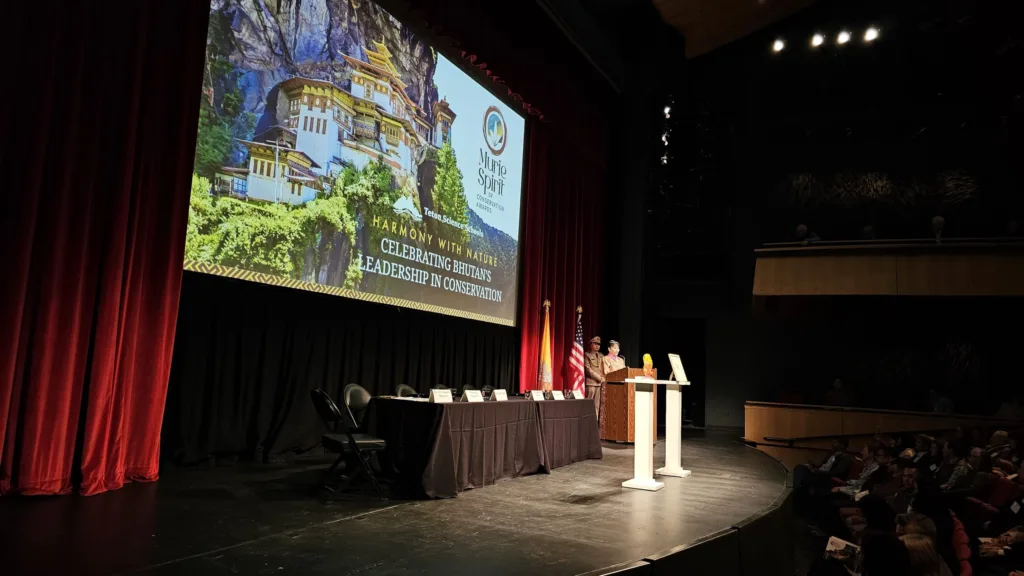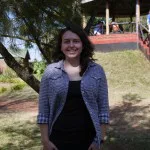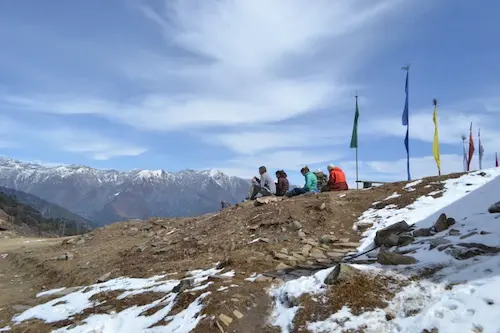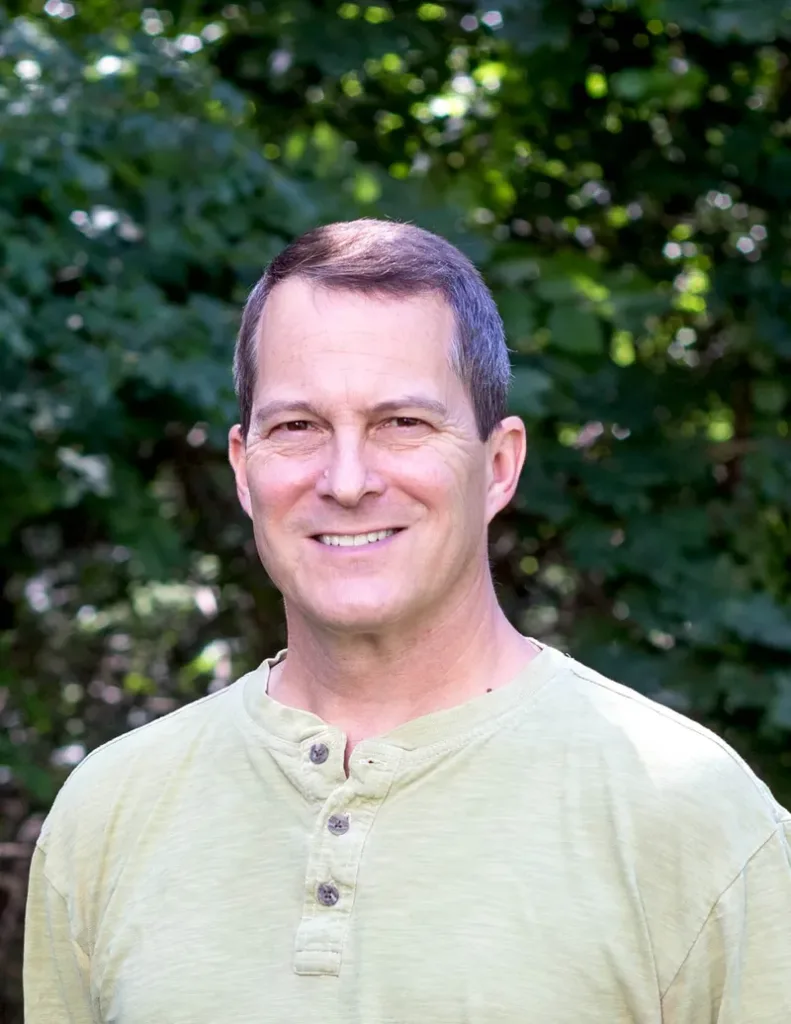
By: Mark Seifert, PhD
Final Impressions of SFS Kenya
Name: Kristin Partin
School: University of North Carolina, Chapel Hill
Major: Political Science
Program: Wildlife Management Studies, Tanzania & Kenya
What did you like most about the SFS experience?
I haven’t the faintest idea of what to name the experience I find most nzuri sana. I do know that I cannot express well enough the appreciation I have in finding that I can step outside of my comfort zone, my major in political science, and find a rewarding and utterly successful experience working with SFS in East Africa. It’s a brilliant gift to carry with yourself, knowing that there are always other options for your life.
You’ve been in the country for a full semester – tell us your impressions of it now.
I stepped off the plane in Tanzania almost 14 full weeks ago with a head full of comical impressions of the area, coupled with a fervent desire to complete the puzzle that was “Tanzania,” and “Kenya,” in my mind. What I’ve found is a place that isn’t a puzzle to be completed, but a painting that is ever expanding. East Africa is full of rich colors – likely composed of the brilliant reds of the Kenyans, and the greens, yellows, and blues of the Tanzanians. It hosts textures not of a flat canvas, but a sculpture of acacia thorns, red soil, maize leaves, and a soft kanga cloth. I’ve never stopped finding something beautiful about the area, and I don’t believe I ever could.
What is life at the field station really like? What are the best and the most challenging parts of living at a remote field station?
Life at the field station is relaxed and friendly. When we first arrived, our professors were quick to fill us in on the busy schedule we had ahead of us in preparation for our Directed Research. Classes were quick, our activities for our free days were always fun, and Directed Research was intensive. But through it all we had an amazing family of staff and friends to keep spirits high, and we even had a vervet monkey act as a temporary mascot. Although, I’m pretty sure the vervet was more interested in the snacks on the tables than distracting us during DR.
It’s always wonderful to have such a large camp, as there are always places to go when you need time to yourself. The one challenge I would name would be that if you aren’t careful with your snacks, little critters tend to enjoy them too.
What ended up being your biggest challenge this semester both academically and culturally?
Academic challenge: I knew coming into the program that I would be participating in academics that I wasn’t accustomed to. Studying ecology and wildlife is not something I find in political science. So getting used to the work style was interesting.
Cultural challenge: There were many times I had to watch what I said, because I tend to throw out a lot of American South-East adages. The locals weren’t always comfortable being called “sweetheart” or “darlin’,” but they were always happy to help me with my Kiswahili!
What is the best memory you have from the semester? Give some highlights.
 This is always such a difficult question to answer! Tanzania and Kenya both have fantastic gifts to offer. I’ll try to keep it to three.
This is always such a difficult question to answer! Tanzania and Kenya both have fantastic gifts to offer. I’ll try to keep it to three.
1. My favorite animal is a lion. Every chance I had to see a lion was exciting, because I also had learned so many cool facts about them too. For instance, the color, density, and length of a lion’s mane are indicators of strength and virility, not a tool for protection.
2. My homestay with my Maasai family was definitely a favorite. We really engaged in the daily lifestyle, and I never knew how fun it could be to herd goats to water. Also, giving them a day of laughter at our attempts at Kimaasai was fun.
3. Okay, another lion story. During our expedition in Serengeti a lion decided to visit our camp. It was nighttime, and we were sitting around the campfire when we heard the notorious roar and grunting of a lion.
Give three adjectives that best describes how you are feeling right now.
Enchanted. Fulfilled. Wistful.
Related Posts
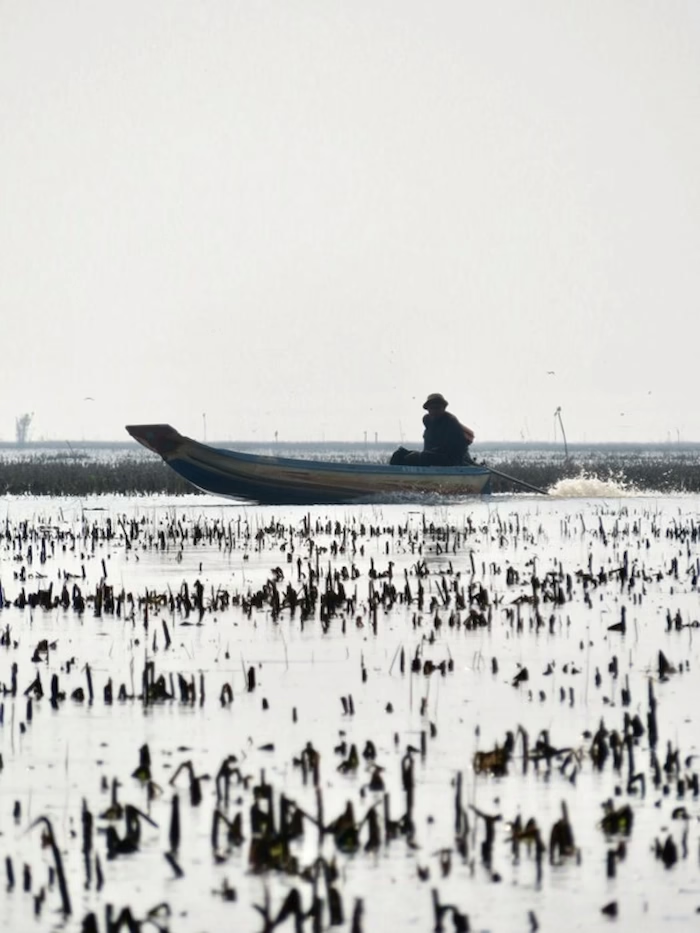
Framing Prek Toal: Photography, Conservation, and Life on the Tonle Sap
